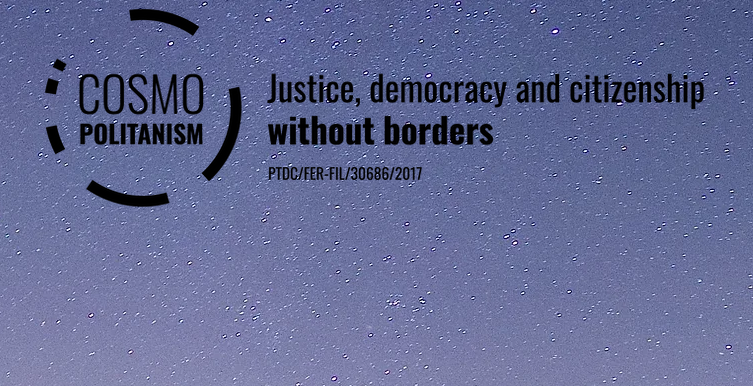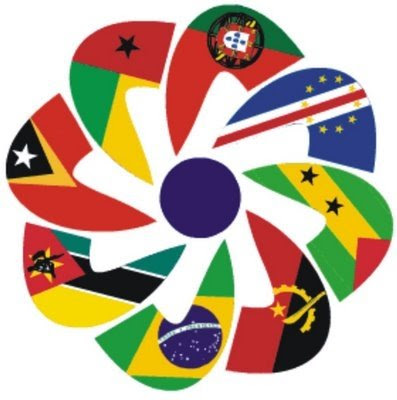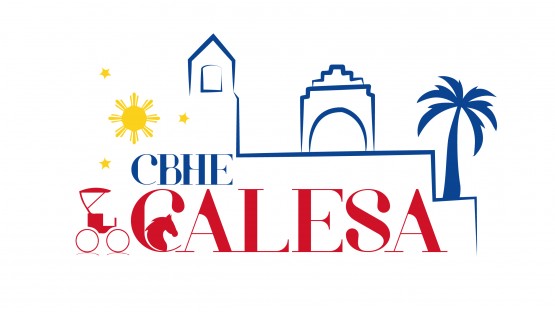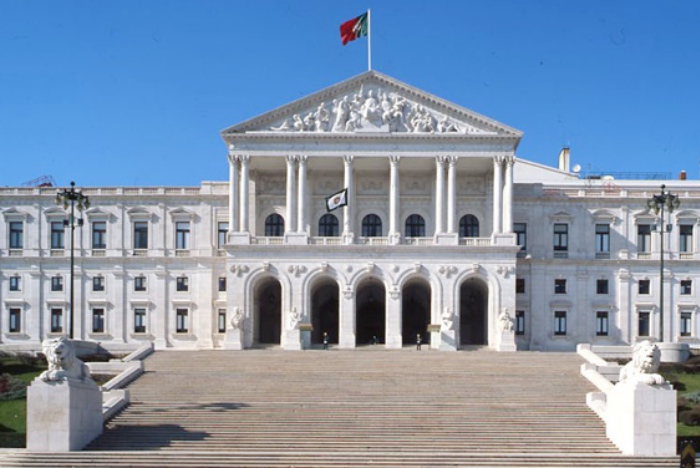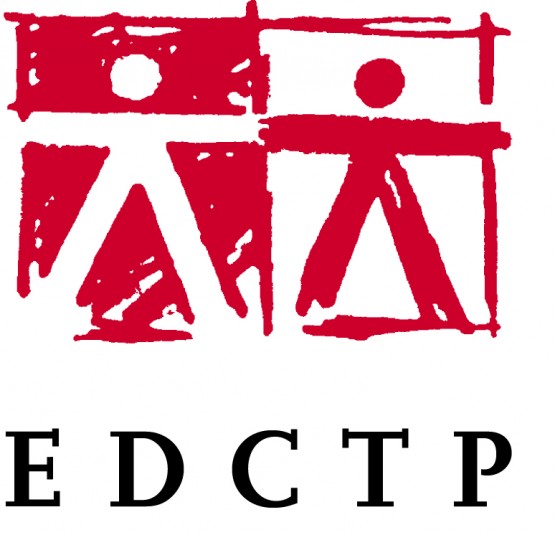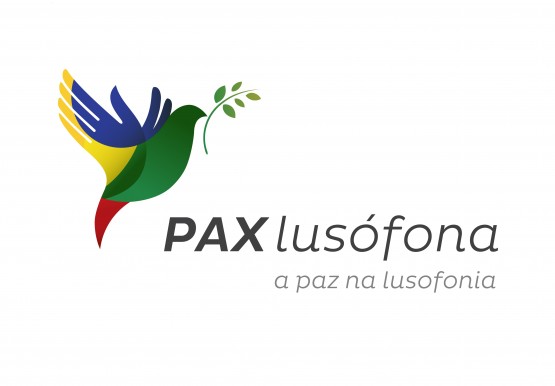RIseEU proposes a 72-hour teaching programme on Key Fundamental Rights Issues in the European Union (EU) to be held at NOVA School of Law in Lisbon. The project seeks to provide a comprehensive assessment of the key fundamental rights issues in the main areas of EU action, with an in-depth analysis of migration and asylum. Two Master-level courses will be offered: ‘Key Fundamental Rights Issues in the EU’ and ‘Key Fundamental Rights Issues in EU Migration and Asylum Law’. In the last two decades or so, a series of crises and developments have shaken the EU, posing fundamental rights challenges. The treatment of migrants and asylum seekers, the climate crisis, the rule of law backsliding in some Member States, the energy crisis in the aftermath of the Russian invasion of Ukraine, the artificial intelligence ‘revolution’, have all sparked heated debates on fundamental rights issues and the role of the EU therein. Taking seriously EU’s ambition as a beacon of human rights and recognizing the important steps it took so far, RIseEU will assess the extent to which the EU delivers on its commitments and if this requires amendments to its current legal or institutional framework. Given the numerous critiques of the soon to be adopted New Pact on Migration and Asylum, special attention will be given to migration and asylum.
- 29 de August, 2024
SINPL-EU is the first course combining EU Intellectual Property (IP) Law and Sustainability. It is a 36-hours curricular course held at NOVA School of Law in Lisbon, complemented by a 24-hours preparatory course on Foundations of IP law and a 10-hours Online Writing School component, the latter being open to the students of all the project partner universities. The need to combine EU IP law and Sustainability comes from the nature and evolution of this legal discipline: the EU is expanding its harmonization of IP rules and modernizing them to promote sustainable goals. EU IP law is becoming a fundamental part of law school curricula across the EU. However, there is a lack of learning activities on the intersection between IP and Sustainability. This is a highly problematic gap, as IP law is central to incentive all industry sectors towards technological and cultural innovation. SINPL-EU aims to fill this gap. It provides a high-profile learning experience for students passionate about EU law, IP law, and Sustainability studies.
- 29 de August, 2024
The project aims at building a permanent network of scholarly reflection, joint research, exchange of methodologies, and advocacy to strengthening regional integration and cooperation in and between Africa and Europe. Through shared values and initiatives, the project seeks to establish an academic infrastructure to redesign the EU-Africa relationships for next generations, allowing both regions to better address: region-specific critical issues with major spillover effects; regional and trans-regional governance; economic, political, and decision-making interdependencies; ever-growing global challenges and quests for a multipolar international system. It further aims at strengthening African integration through a careful analysis of the experience of European integration.
- 29 de August, 2024
The need for advanced academic training in insurance was widely felt and identified both by academics and representatives of the industry across Europe and the world.
The Jean Monnet Module on EU Insurance Law: Challenges in the SDG Era (EUInsLSDG) aims at filling a double gap: by providing advanced training that prepares the next generation of top-qualified legal professionals in insurance, ready to enter the market equipped with the instruments to face the challenges of our time, as well as preparing early-stage researchers, by encouraging state-of-the-art academic research in this field in those areas where both the regulators and the regulated require research outputs that will help them substantiate future decisions.
- 30 de January, 2023
- 0 Comment
nEUfam is a 60h course in European Union Family Law held at NOVA School of Law, Lisbon. The course addresses the issue of the pressure that changing family structures and family norms can exert on the future of the European project and whether the EU is equipped to respond to these changes.
With evolving family and fertility patterns, the increasing incidence of families that do not align with the traditional model of family, and “culture wars” around family-related matters erupting across Europe, especially in illiberal contexts, the course supplies essential insights to rethink EU legal frameworks in ways that account for these shifts. It especially seeks to understand whether the EU can play a role when it comes to promoting the rights of non-traditional families, and the extent to which this requires amendments to the current legal framework and architecture of the Union. It furthermore assesses the threats to European integration posed by illiberal rules and parties by analyzing their instrumental use of traditional family norms to weaken the EU.
- 1 de September, 2022
- 0 Comment
For the development of the project, which will last 18 months (1 September 2022 to 29 February 2024), the legal and institutional anti-discrimination frameworks in different countries (Germany, Sweden, Greece and Norway) will be analysed, with a particularly detailed analysis of the Norwegian experience, through a partnership with Egalia.
The focus of this project will be on discrimination based on sex, racial/ethnic origin, sexual orientation and gender identity and disability, also considering the specific socio-economic consequences of each type of discrimination.
- 1 de September, 2022
- 0 Comment
As organised crime networks operate across borders, use legal loopholes and advanced technology, it is notoriously difficult to detect and trace hidden and illicit money flows. In TRACE, partners will co‐create innovative data management solutions combined with AI analytics to enhance the capabilities of law enforcement agencies in tracing and recovering illicit money flows and generating court‐proof e‐evidence.
- 3 de December, 2021
- 0 Comment
This project brings together an international group of researchers from different disciplines (philosophy, psychology, sociology, political science, international relations, history, law, cultural studies, literature) who have been conducting research for several years on issues of cosmopolitanism in its personal, social, cultural, political and legal dimensions.
COSMOPOLITISM: Justice, Democracy and Citizenship without Borders supports and promotes the United Nations Sustainable Development Goals through awareness-raising and reflexivity and by advancing a vision of a just world. In particular, the following objectives are envisaged:
- 8 de November, 2021
In Portugal, mechanisms aimed at debtors in a difficult economic situation or in imminent insolvency (namely, the special proceedings for revitalization and the special proceedings for a payment agreement) have a marginal use when compared to insolvency proceedings and since 2016 there has been a sharp and steady decline in the number of special proceedings for revitalization issued. Furthermore, the average length of insolvency proceedings largely exceeds 2 years.
- 1 de February, 2021
- 0 Comment
The E4J – Education for Justice Initiative is a programme of UNODC – the United Nations Office on Drugs and Crime. Its implementation began with the adoption of the 2015 Doha Declaration on Integrating Crime Prevention and Criminal Justice into the Wider United Nations Agenda to Address Social and Economic Challenges and to Promote the Rule of Law at National and International Levels, and Public Participation.
- 1 de December, 2020
The General Data Protection Regulation (Regulation 2016/679 of April 26th, 2016, “GDPR” or “Regulation”) is applicable from May 2018. Compliance with the new rules on personal data protection poses particular challenges to public and private sector institutions. It also raises several questions. How does data protection strengthen citizens’ rights? What specific answers does the Regulation provide for technological developments? Which benefits does the Regulation bring to the economy, to data subjects and to companies?
- 10 de August, 2020
- 0 Comment
International law has undergone and is undergoing a number of changes, caused above all by the process of globalisation and/or globalisation. International law can no longer be viewed solely on the basis of classical theories. New theories and instruments need to be taken into account, because there is a growing interaction between national and international legal systems, which encompass legal systems, administrative and organisational structures and different systems of cooperation and global regulation.
- 27 de June, 2020
This project aims to reflect on Higher Education in Portuguese-Speaking African Countries, and in this first phase, the target countries are Angola, Cape Verde and São Tomé and Príncipe.
Focusing on the normative framework that regulates this level of education, on national public policies regarding Education, on the International Development Agendas and on the role of Development Cooperation in the implementation of these policies, it aims to contribute to the scientific construction of the Law of Education in Higher Education, so that its implementation in terms of public policies and cooperation priorities may be ensured.
- 1 de April, 2020
- 0 Comment
This project aims to analyse the normative framework and public policies of higher education in Angola, Cape Verde and São Tomé and Príncipe, as well as to examine the role of development cooperation in this context. It starts from the premise that education is a fundamental human right and essential for the exercise of both civil and political rights, as well as economic, social and cultural rights. With reference to the UN Agenda 2030 “Transforming our world” and the African Union Agenda 2063, “The Africa we want”, which highlight the fundamental role of education in development processes and emphasize the need to prioritize investment in education from childhood, in higher education, science, technology and research, the aim of this study is to understand the existing legal framework in these countries, as well as the extent to which cooperation promotes the right to education in higher education in Portuguese-speaking African Countries. In this first phase, the target countries are Angola, Cape Verde and São Tomé and Príncipe.
- 1 de April, 2020
The objective of CALESA is to help solve the following interdependent problems in Philippine legal education:
1. The dearth of academic research in law schools.
2. The inability of faculty and students to access source materials from their own civil law tradition, and the evolution of other civil law traditions due to poor interest and multilingual skills.
3. The inability of the legal profession to contribute significant academic (as opposed to professional) expertise to the modernisation of outdated legal codes, the protection of human rights and the rule of law, and the advancement of ASEAN integration, despite its critical and/or geostrategic importance.
- 1 de January, 2020
The aim of this project is to study the encounter between the Portuguese legal order and the native legal orders in the Portuguese overseas territories in the 18th – 20th centuries. The aim is to find out how these orders were classified, how they were used by colonizers and colonized, how they interacted and were transformed by colonial situations, in various chronologies.
Legal pluralism is a central theme in the historiography on empires, but the works dedicated to it in Portuguese historiography have privileged the doctrinal reflections of the colonial elites, and not the action of the local agents of colonial justice and the native populations involved. It is known, however, that the functioning of legal pluralism emerged from the social practices of these people, the administrators and the ‘subjects’ of colonial justice.
- 1 de September, 2018
In the context of the Rule of Law, legislative power is a tool at the service of the implementation of public policies defined at national level and, in cases such as those of the Portuguese, also at supranational level. In this sense, the way it is exercised and the acts produced in the exercise of this function, it should be subject to scrutiny by citizens, who are simultaneously addressees of the norms produced and addressees of the public policies that justify them.
The importance of the accountability of the exercise of legislative power justified the creation of the Observatory of Portuguese Legislation in 2005, with the objective of contributing to the reflection on the quality of legislative policy through the analysis of Portuguese legislative production in quantitative terms (volume, distribution by type of diploma, by legislative body, by subject matter, by type of legislative initiative), a project that is still innovative and pioneering in Portugal today.
- 1 de September, 2018
In the last decade, Lusophone Africa countries, like other African countries, have seen an increase in medical research, which has led to the establishment of Bioethics Committees (BoCs) in Universities, Research Centres and Ministries of Health. However, the BoCs in Lusophone countries still lack training in bioethics, and as the main educational resources in this area are only available in English, they are not accessible in these countries.
Being aware of these challenges, and while recognising that strengthening CoBs should be primarily a national issue, much can be gained through the establishment of an institutional network. Accordingly, the National Bioethics Committee for Health in Mozambique, the Faculty of Medicine at the University Eduardo Mondlane and its institutional Bioethics Committee, the Faculty of Medicine at the University Agostinho Neto and its Bioethics Committee, the University of Cape Verde, the NOVA Institute of Hygiene and Tropical Medicine and NOVA School of Law have established a north-south consortium to strengthen the bioethics framework for clinical trials and health research in Lusophone African Countries (LAL).
- 27 de April, 2018
The programme provides full funding for the mobility of students who wish to undertake their postgraduate studies in one of the African partner universities and aims to create a teaching network that promotes the creation of synergies, creating opportunities within the African continent. PaxLusófona also seeks to allow, through the respect for the historical and cultural identity of the countries involved, the exchange of experiences and knowledge, the creation of new approaches and research methodologies in the countries involved, the training of professionals with a high quality academic offer, through participative education, the development of critical awareness, the encouragement of social participation and environmental sustainability as a factor for development and stability.
- 27 de November, 2017










